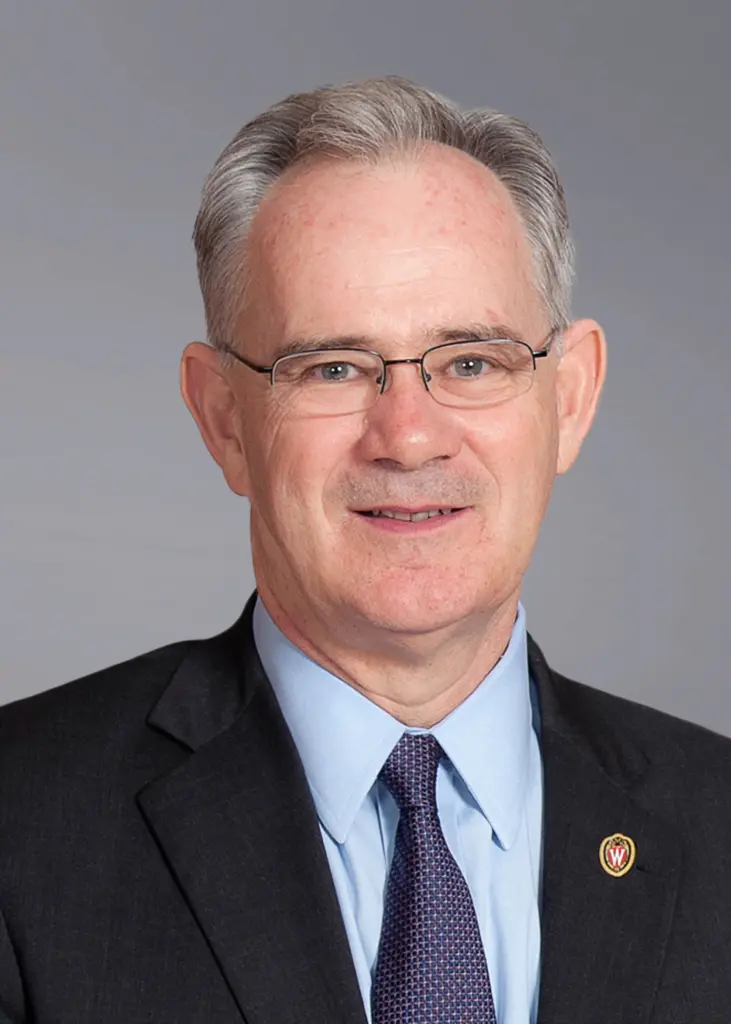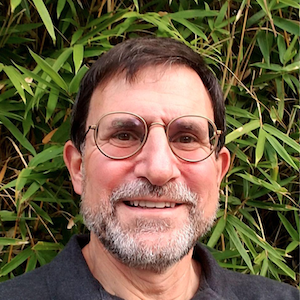Some of the most heated discussions about technology don’t have anything to do with operating systems or RPMs.
Rather, as new technologies change almost every facet of modern life, the big questions center around ethics, addressing topics that include privacy, the social responsibility of media platforms, the role of algorithms in perpetuating bias, and the sustainability of the energy we use or the products we buy.
 Ian Robertson
Ian Robertson
One of the biggest considerations is the role of engineers in thinking about the downstream effects of their work. That’s one reason the University of Wisconsin-Madison College of Engineering charges its students, staff and faculty with keeping ethics at the center of their research and activities. The college aims to make sure students understand and follow ethical guidelines, and have the tools to assess and make ethical choices as they head into the workforce.
The college integrates ethics education into undergraduate education as a matter of course; ethics education is a requirement for college certification and is something the college takes seriously. “Ethics is inherent to our profession,” says Ian Robertson, Grainger Dean of the College of Engineering, who considers ethics education one of the college’s top priorities. “It’s incumbent upon us to actually teach students about what it means to be an ethical engineer and how to put ethics in engineering into practice. So we’ve integrated ethics throughout the undergraduate curriculum and have serious discussions about issues like working with diverse sets of people, the social implications of engineering and ethics in business.”
When it comes to research, the college also emphasizes ethical practices, like giving appropriate credit when it is due, dealing with power dynamics in research groups, and thinking about the broader impacts of research, like its effects on privacy or bias.
The college is advancing its commitment to leadership in ethics as well. The new National Academy of Engineering Grand Challenges Scholars Program, recently adopted by the college, asks undergraduates to achieve competency in five areas, including multicultural competency and social consciousness. Students undertake practical projects to help them develop and apply these competencies during their engineering education and in their future endeavors.
 David Epstein
David Epstein
Overall, Grand Challenges Scholars have pursued projects like analyzing ways to bring clean water to rural areas of Rwanda and the Dominican Republic and using machine learning to improve preventative health screenings. The goal is that these types of exercises will help engineering students understand the social ramifications of their work.
Electrical and computer engineering alumnus David Epstein (BS ‘76, MS ’78), is also helping the College of Engineering to refine its focus on ethics. Epstein is a longtime Silicon Valley engineer, tech investor, executive and business educator who is now the executive director of the Susilo Institute for Ethics in the Global Economy at Boston University’s Questrom School of Business.
He says that when he first began guest lecturing at business schools and reflecting on his experiences in industry about 20 years ago, he realized he had encountered many ethical gray areas and ethical breaches without recognizing them at the time. When the VW emissions scandal—in which regulators discovered the car company had rigged its vehicles to hide their true emissions—began in 2015, Epstein realized that engineers involved in that scandal should have felt empowered to push back.
“In the face of something like that, an engineer should be thinking at a higher level,” he says. “Engineers are always taught to solve problems and are given constraints. I want engineers to think about every constraint—not just a temperature range or how much power you have to use, but social, ethical and environmental considerations as well.”
To that end, Epstein and his wife Sarah have funded a fellowship in ethics to support engineering graduate students to develop teaching modules about engineering ethics. They have also funded the Ethics in Engineering Distinguished Seminar in the College of Engineering. In April 2021, the seminar hosted Tyler Shultz, who worked as an engineer at the biomedical firm Theranos, which promised to create a small machine that could perform hundreds of medical tests in just minutes. When Shultz began to voice doubts about the machine and detected instances of outright fraud, he was fired and attacked by his former employer.
Despite mounting personal and professional hardships due to his whistleblowing, Shultz persisted, dragging the Theranos fraud into the light. (The company’s machine simply did not work, producing bad results. In many instances, tests were conducted by third-party companies on different machines. Theranos founder Elizabeth Holmes is currently on trial for fraud).
Epstein says he hopes UW-Madison engineers would have the same grit in calling out an ethical breach. “I want engineers to leave Wisconsin not only with a sense of doing good, being socially aware and environmentally conscious,” he says, “but also, as they create solutions, to believe that’s a part of who they are.”
Robertson agrees, and hopes to increase ethics awareness at all levels. “What these initiatives are doing is elevating the discussions about engineering ethics across the entire spectrum of undergraduates, graduates, faculty and staff,” he says. “We want to get even better at ethics education; it’s a continual evolution.”